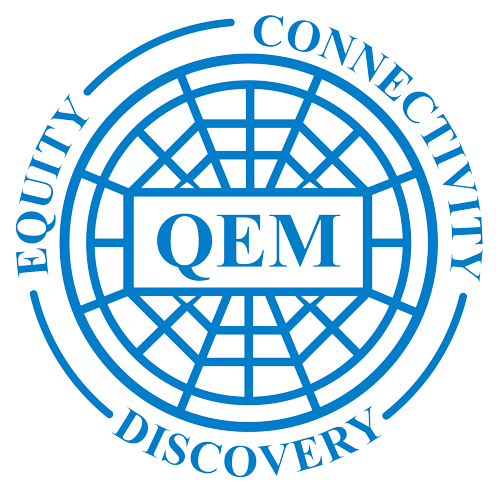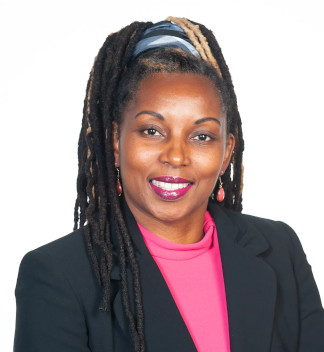About QEM
About the QEM Network
The Quality Education for Minorities (QEM) Network was established in July 1990, as a non-profit organization in Washington, DC, dedicated to improving education for minorities throughout the nation. It is the successor organization to the MIT-based QEM Project that was funded by the Carnegie Corporation of New York. With initial support from Carnegie and MIT, QEM began its operation as a focal point for the implementation of strategies to help realize the vision and goals set forth in the QEM Project’s January 1990 report: Education That Works: An Action Plan for the Education of Minorities.
QEM seeks to put into practice the recommendations in the QEM Action Plan by working with minority and non-minority individuals, organizations, and institutions around the country to help coordinate and energize efforts to improve the education of minorities, particularly in science, technology, engineering, and mathematics (STEM) fields.
The QEM Network engages in activities designed to:
- Provide technical assistance to faculty and administrators at minority-serving institutions (MSIs) particularly Historically Black Colleges and Universities, Tribal Colleges and Universities, and Hispanic-serving Institutions in the development of their proposal ideas into competitive proposals for submission to various programs at the National Science Foundation (NSF) and other federal agencies;
- Provide internship opportunities (recruits, selects, and places) to underrepresented STEM students through paid summer internships at NSF;
- Stimulate and assist in the development of programs to increase the number of minorities in STEM fields;
- Strengthen the leadership capabilities of STEM faculty, staff, and students at MSIs to help ensure greater diversity in the leadership of campus-based STEM projects;
- Conduct research to understand the learning environments at MSIs that are conducive to the preparation and matriculation of STEM graduates; and
- Promote and disseminate information on promising research results regarding the education of minorities, and serve as a resource in evaluating targeted educational programs and projects.
This unique array of opportunities and approaches has enabled QEM to establish an extensive network of STEM faculty, administrators, and students and to successfully engage in a range of institutional and individual capacity-building activities. Strategies employed and lessons learned from the implementation of one project inform approaches in other projects. With the assistance of experienced STEM consultants and evaluators, QEM offers high quality technical assistance, encouragement, and follow-up support to chief academic officers, STEM faculty, and STEM students at a range of MSIs as well as underrepresented minority faculty at non-minority institutions.
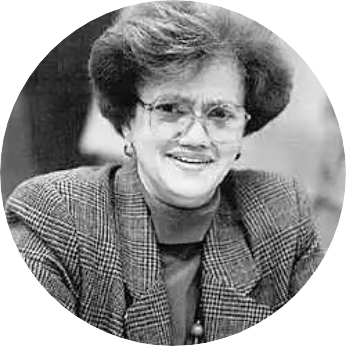
Our Founder
Dr. Shirley Mathis McBay assumed the position of President of the QEM Network in July 1990 and retired in July 2016. Prior to QEM she spent ten years as Dean for Student Affairs at the Massachusetts Institute of Technology (MIT) and three years as Director of the MIT-based QEM Project. Prior to serving in the MIT Administration, Dr. McBay served for five years as Program Manager/Director in the Science Education Directorate of the National Science Foundation (NSF) and as a member of the faculty and administration at Spelman College in Atlanta over a fifteen-year period.
At NSF, Dr. McBay directed two national programs designed to increase minority participation in science and engineering. While at Spelman, she held various positions including Professor of Mathematics, Department Head, Division Chair, and Associate Academic Dean. At QEM, Dr. McBay has directed or provided leadership for numerous science and engineering-focused projects funded by major corporate or foundation philanthropic efforts as well as several federal agencies. The projects focused on broadening participation in STEM and/or achieving educational equity for underserved students and communities across the nation.
Our Team

Shaunette Bishop
Project
Assistant

Shawn Hall
Grant
Manager

Moriah Hall Pulido
Research Associate
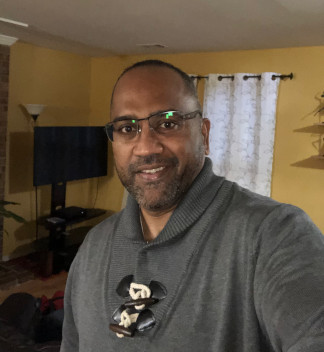
Afzal Hassan
Staff Associate and Internship Coordinator
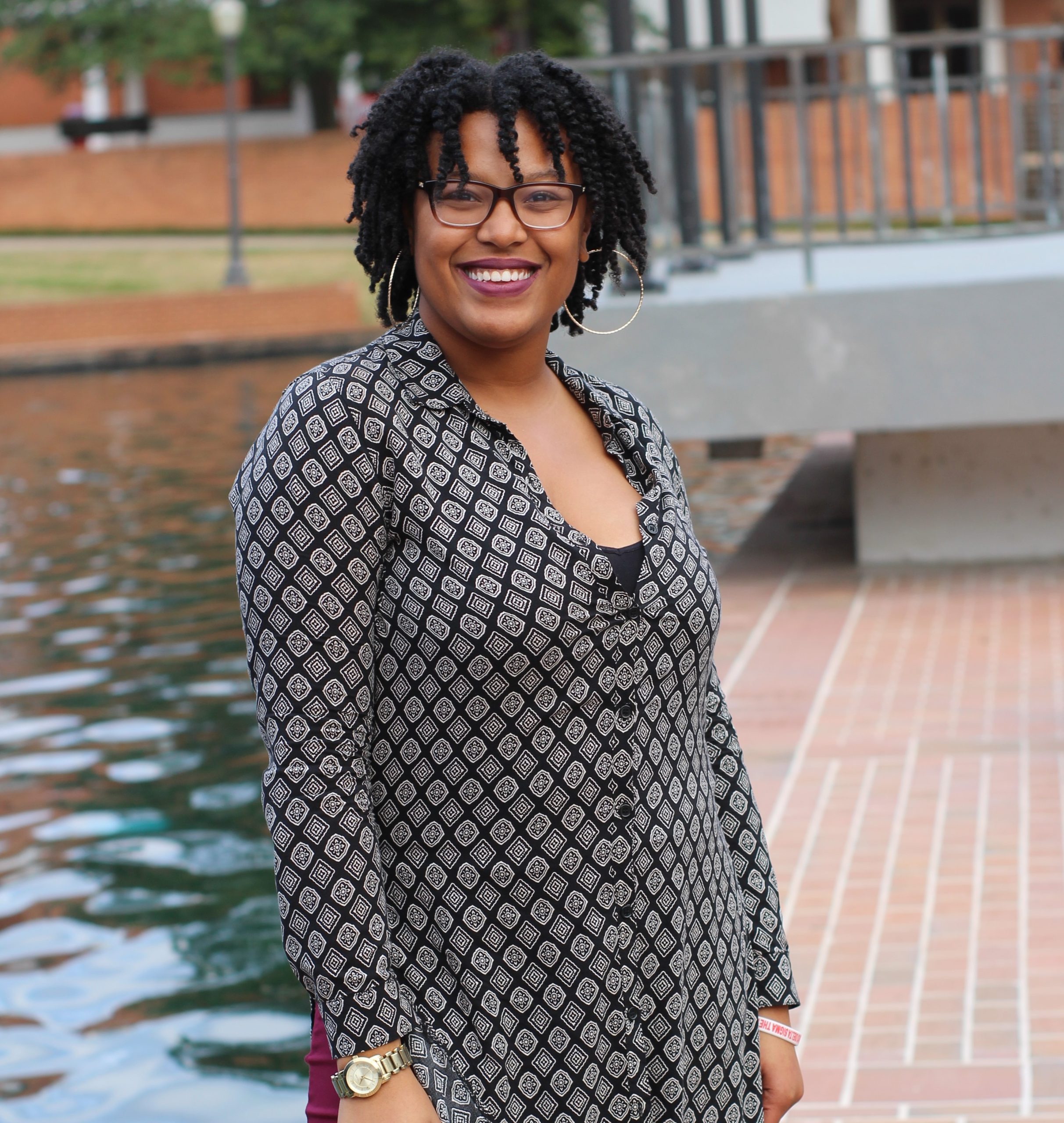
Taylor Lightner, Ph.D.
Research Associate and Program Coordinator

Jimmy Pulido
Science Communication Specialist
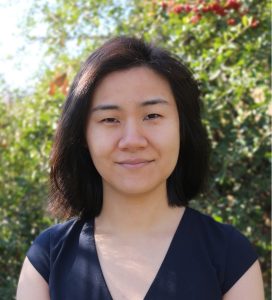
Sylvia Pu, Ph.D.
Research Associate
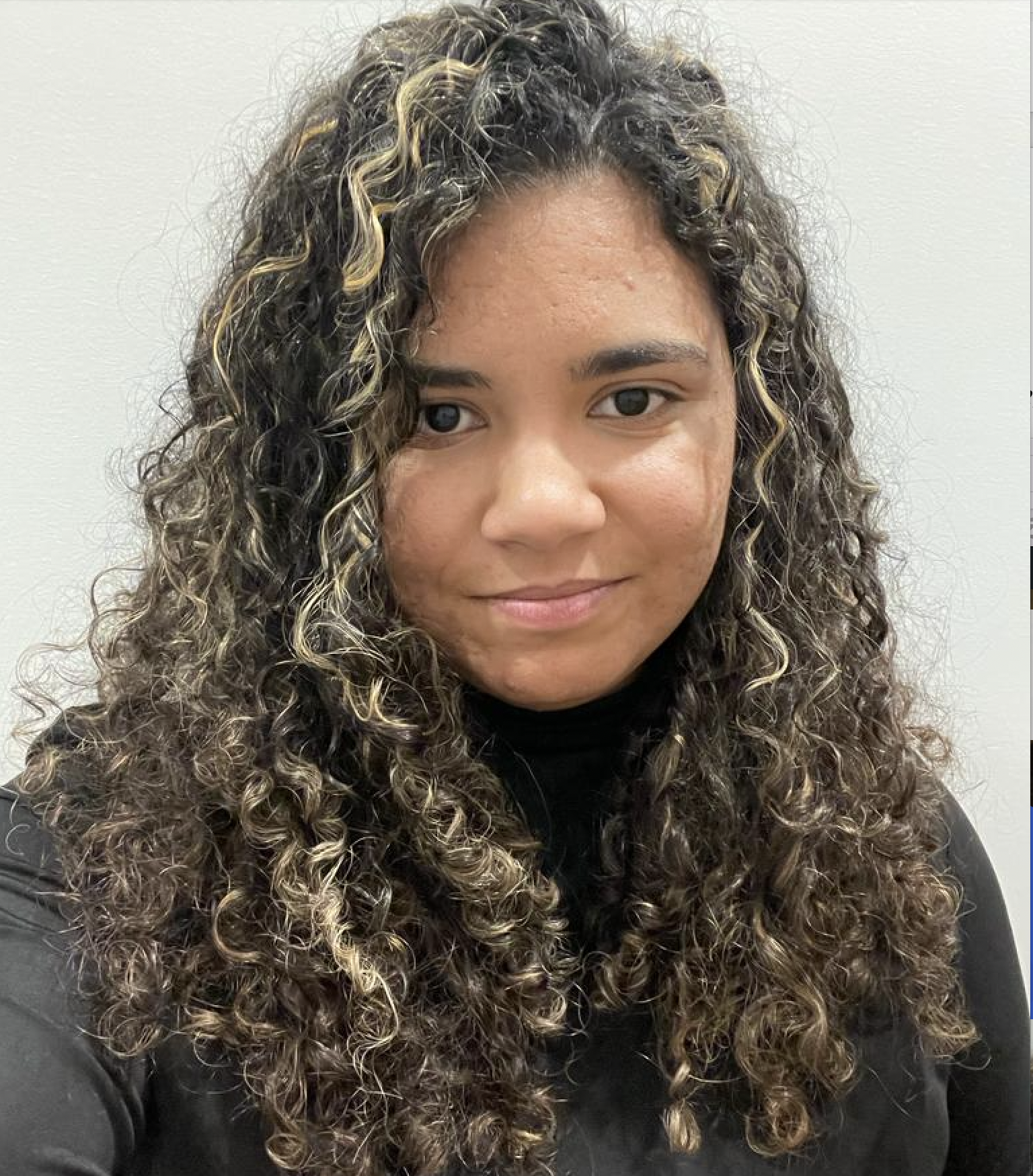
Nel Rodriguez Sepulveda
Research Associate

Marshella Toldson, Esq.
Chief Compliance Officer and General Counsel

Tarina Whitfield
Data Manager
QEM Board Members
Charles Beady, Ph.D.
Chief Executive Officer
Mississippi Food Network
Dr. Sherrie M. B. Green
Former Program Officer
National Science Foundation
Mr. Davien Burnette
Accenture, LLP
Dr. Leonard Haynes, III
President
American Heritage Defense Corporation
Derik Coffey
Portfolio Specialist
Channing Capital Management
Mr. Richard Coleman, II
Vice President and General Manager of the Federal Sector
Axon
Dr. Diana Marinez
Professor Emeritus, Biochemistry
Texas A&M University – Corpus Christi
Gail Johnson
Vice President & Chief Human Resources Officer
The Executive Leadership Council
Cynthia Overton
Director of Tech Workplace Initiatives
The Kapor Center
Dr. James Turner
Director
Percy Julian Institute, Daniel Alexander Payne Community Development Corporation
Support Our Cause
Help our organization by donating today! All donations go directly to making a difference for our cause.
